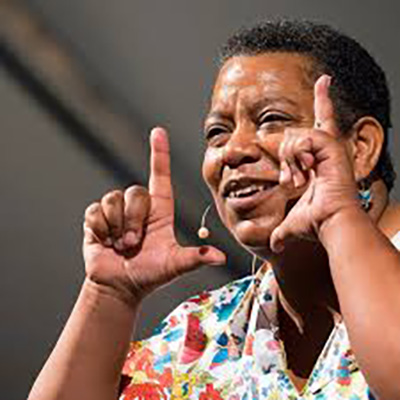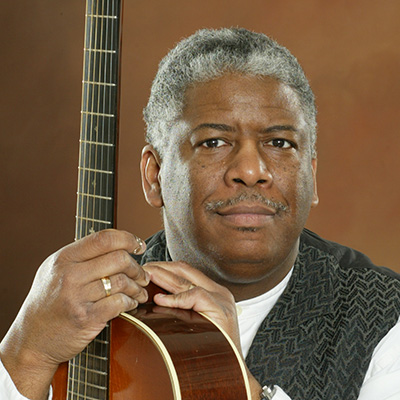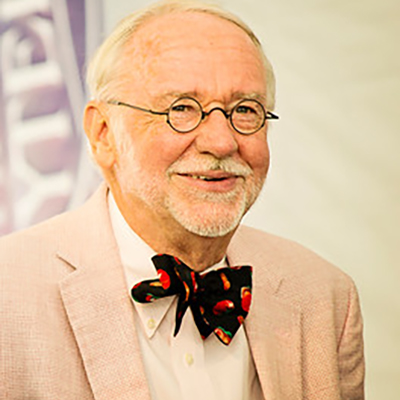The Olympics and the Timpanogos Storytelling Festival

[et_pb_section fb_built=”1″ admin_label=”section” _builder_version=”4.10.2″ background_color=”#6e903d” background_image=”https://timpfest.org/wp-content/uploads/2021/08/bkgolympic.png” custom_padding=”9px|||||” hover_enabled=”0″ global_colors_info=”{}” title_text=”bkgolympic” background_size=”initial” background_repeat=”repeat” sticky_enabled=”0″][et_pb_row admin_label=”row” _builder_version=”4.10.2″ background_size=”initial” background_position=”top_left” background_repeat=”repeat” custom_margin=”||0px||false|false” custom_padding=”7px||0px||false|false” global_colors_info=”{}”][et_pb_column type=”4_4″ _builder_version=”3.25″ custom_padding=”|||” global_colors_info=”{}” custom_padding__hover=”|||”][et_pb_image src=”https://timpfest.org/wp-content/uploads/2021/08/USAWomenVollyball.jpg” title_text=”USAWomenVollyball” disabled_on=”off|off|off” _builder_version=”4.10.1″ _module_preset=”default” custom_margin=”||0px||false|false” custom_padding=”||0px||false|false” custom_css_main_element=”.category-technology .et_post_meta_wrapper img { display: none!important;}” global_colors_info=”{}”][/et_pb_image][et_pb_image src=”https://timpfest.org/wp-content/uploads/2019/01/TimpfestCrowd.jpg” title_text=”TimpfestCrowd” _builder_version=”4.10.1″ _module_preset=”default” custom_margin=”0px||||false|false” custom_padding=”0px||||false|false” global_colors_info=”{}”][/et_pb_image][/et_pb_column][/et_pb_row][et_pb_row _builder_version=”4.10.2″ _module_preset=”default” background_color=”#FFFFFF” custom_margin=”0px||0px||false|false” custom_padding=”0px||0px||false|false” global_colors_info=”{}”][et_pb_column type=”4_4″ _builder_version=”4.10.2″ […]





